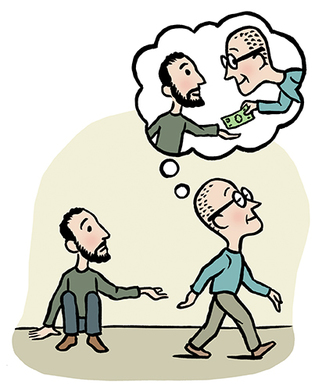 loading
loading
FindingsNoted View full imageHow can people who commit selfish acts go merrily on their way, apparently feeling just fine about themselves? According to a team of Yale psychologists and Swiss economists, their memories protect them. Across five experiments, 3,190 participants were asked to share money with strangers. With a monetary incentive offered for accurate answers, they were later asked to recall how much they had shared. Those who were stingy or unfair misremembered, attesting that they had shared fairly, while those who behaved generously recollected accurately. “Our findings suggest,” says senior author Molly Crockett, “that people may misremember their own behavior to ward off threats to their moral self-image.” Yale researchers have uncovered a new BET inhibitor—a class of drugs usually used to treat blood cancers—that offers promise against a wider variety of cancers, including solid tumors. The new substance, called NHWD-870, was shown in animal studies to be between three and fifty times more potent against cancer cells than existing BET inhibitors. Additionally, while existing inhibitors produce side effects, including fatigue, nausea, loss of taste, and low platelet counts, NHWD-870 showed lower toxicity (as measured through animals’ body-weight loss). Lead researcher Qin Yan and his colleagues are now pursuing human clinical trials, testing NHWD-870 on melanoma and small-cell lung cancer patients.
The comment period has expired.
|
|